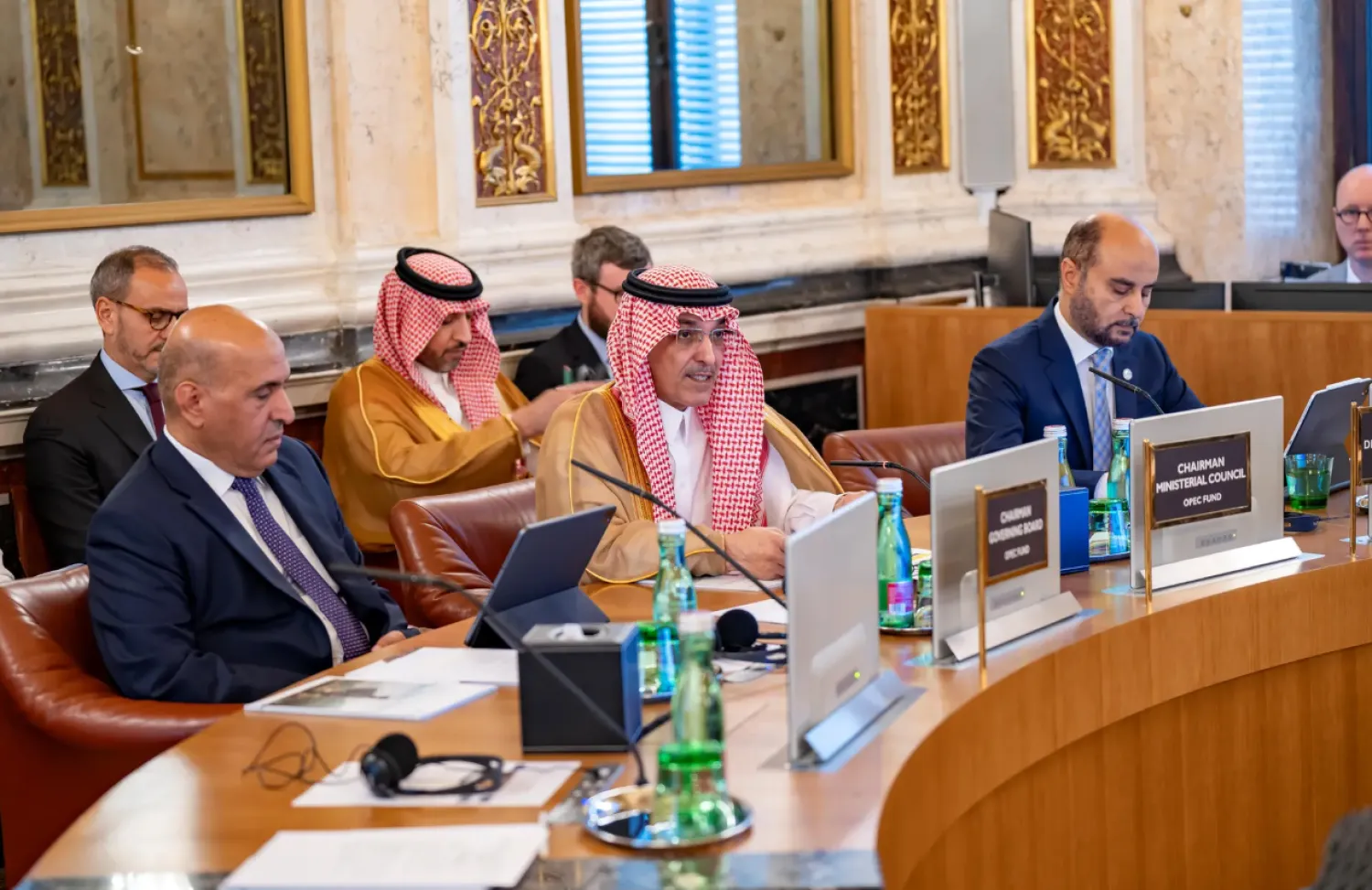Saudi Minister of Finance Mohammed Al-Jadaan said that the global economy is facing multiple challenges, with the most impacted being the poorest countries, including food insecurity, and insufficient access to water and energy.
His remarks came during his speech in the forum and ministerial meetings of the OPEC Fund for International Development, which were held on June 20 and 21, in Vienna, Austria.
The forum included several sessions where participants discussed the current development landscape, the future of development financing, sustainable food systems, climate innovation for a sustainable future and policies and partnerships that prioritize people and the planet.
"While COVID-related challenges have subsided, the global economy is facing multiple overlapping challenges, including food insecurity, inadequate access to water and energy and rising debt levels, with the poorest countries affected the most. Thus, multilateral development banks need to reinvigorate themselves to deliver a more ambitious, nationally driven, and globally coordinated effort that improves peoples' lives in an inclusive, sustainable and just manner," Al-Jadaan noted.
He also chaired on Wednesday the 44th ministerial meeting of the OPEC Fund for International Development.
In his opening speech at the ministerial meeting, Al-Jadaan expressed his thanks to the members of the Board of Directors for electing him as the Chair of the Council for the coming year, noting that the Fund has achieved a lot, despite many global challenges.
He said that the Fund's current mission is to enable it to achieve sustainable growth and deepen its impact in developing countries, adding that the Fund has grown in terms of both the volume of development finance, with 48 remarkable and new engagements, and over $1.6 billion in loans. The newly established Development Effectiveness Report shows evidence that projects actually deliver impact and change peoples' lives.









